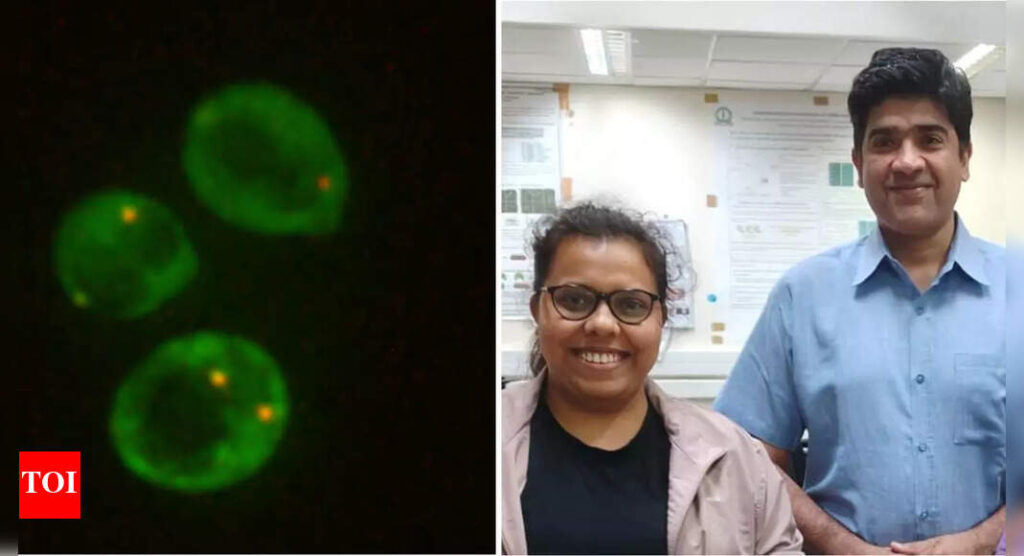
BENGALURU: The baker’s yeast that helps make bread and beer may also hold secrets to life beyond Earth. A new study by researchers at the Indian Institute of Science (IISc) and Isro’s Physical Research Laboratory (PRL) suggests that the humble yeast can endure conditions similar to those found on Mars.The team exposed Saccharomyces cerevisiae – the common baker’s yeast – to high-intensity shock waves and perchlorate salts, both of which mimic the hostile Martian environment. Using a High-Intensity Shock Tube for Astrochemistry (HISTA) in Bhalamurugan Sivaraman’s lab at PRL, the scientists generated shock waves reaching Mach 5.6, comparable to those produced by meteorite impacts on Mars. The yeast cells were also treated with sodium perchlorate, a toxic salt present in Martian soil.“One of the biggest hurdles was setting up the HISTA tube to expose live yeast cells to shock waves – something that has not been attempted before – and then recovering yeast with minimum contamination,” said Riya Dhage, lead author of the study and a project assistant in the lab of Purusharth I Rajyaguru, associate professor in IISc’s Department of Biochemistry.Despite the extreme treatment, the yeast survived, though its growth slowed down. The researchers found that the organism’s resilience came from its ability to form tiny, membrane-less structures called ribonucleoprotein (RNP) condensates, which protect and reorganise genetic material during stress. Cells that failed to form these structures were far less likely to survive.“What makes this work unique is the integration of shock wave physics and chemical biology with molecular cell biology to probe how life might cope with such Mars-like stressors,” Dhage said.Rajyaguru added that the study could help India’s growing astrobiology efforts. “We were surprised to observe yeast surviving the Mars-like stress conditions that we used in our experiments. We hope that this study will galvanise efforts to have yeast on board in future space explorations,” he said.The findings not only shed light on how life might adapt to extraterrestrial environments but also on designing stress-resilient biological systems for space missions.—-











